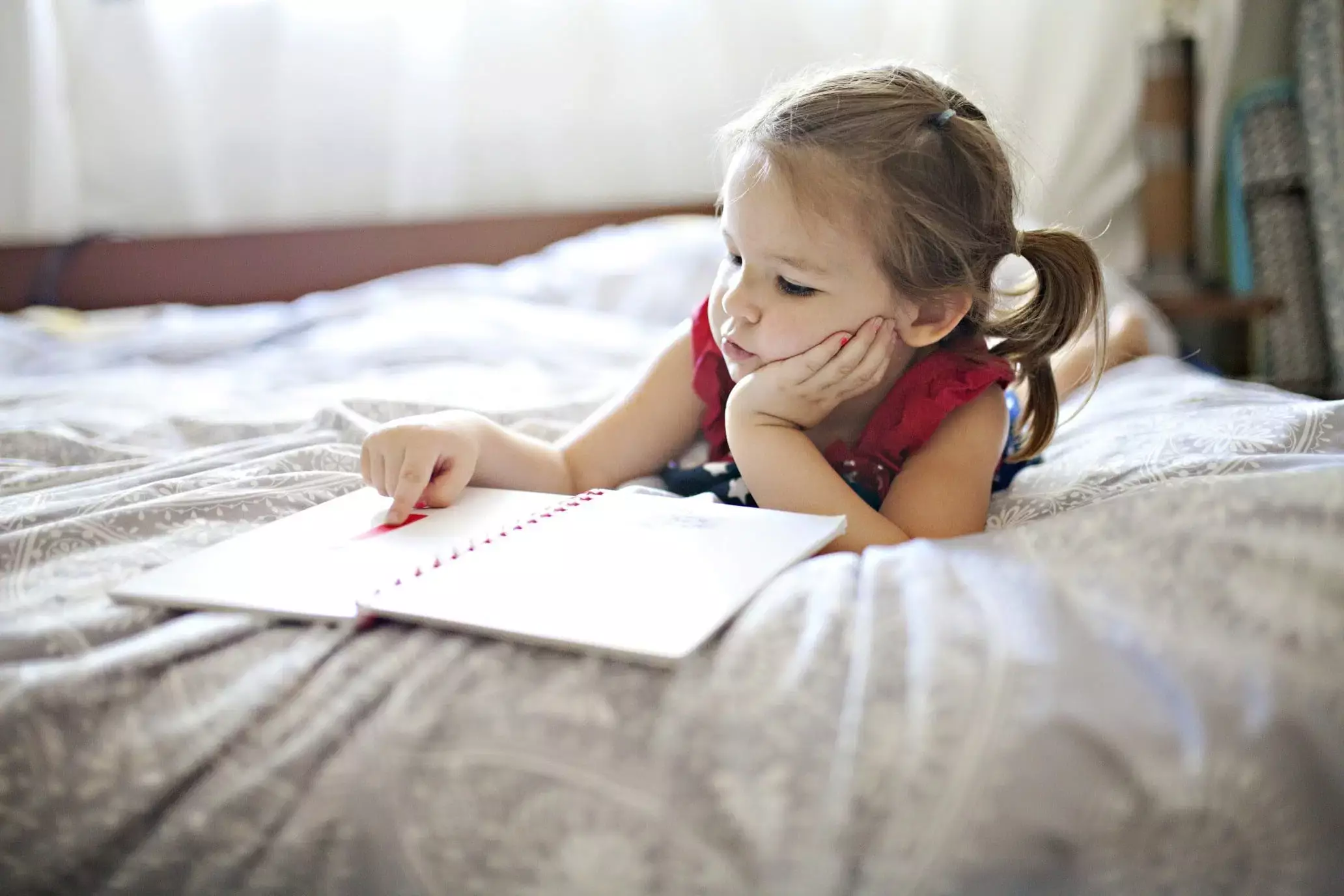Transitioning a child into preschool is an exhilarating yet daunting milestone for many parents. As mothers, we possess an innate understanding of our child’s preferences, emotions, and quirks. However, entering preschool represents a new chapter filled with both excitement and apprehension. It’s essential to assess whether your little one is ready to embrace this enriching experience. The transition to preschool is not merely about age; it encompasses emotional, social, and developmental readiness tailored to each child’s unique journey.
Understanding Emotional Readiness
At the tender age of three to four, children exhibit varying degrees of separation anxiety. Some might leave your side with a joyful wave, while others may cling tightly and weep. This emotional response is not a reflection of their maturity but rather an individual trait. Observing how your child reacts to short separations, like staying with a family member or friend, can provide valuable insight. If they adapt well to these brief separations, it usually indicates a readiness for the preschool environment.
However, trusting your maternal instincts is critical. If your child seems distressed, consider postponing preschool until they demonstrate a greater emotional resilience. Sometimes, it’s crucial to prioritize your child’s emotional well-being over societal expectations.
Social Skills: The Power of Peer Interaction
Social development is a fundamental component when evaluating preschool readiness. By the time children reach preschool age, their ability to engage with peers significantly evolves. Witnessing toddlers at playdates can be eye-opening; they often engage in parallel play—playing alongside each other, but not truly interacting. However, as they approach preschool age, their capacity for cooperative play increases.
If your child exhibits eagerness to engage with others, whether through sharing toys or initiating games, they are likely well-prepared for preschool. It’s essential to recognize that while kids may feel excited about meeting new friends, a slight shyness upon encounter is normal. Ultimately, preschool can provide the foundation for developing strong interpersonal skills, encouraging children to bond, communicate, and collaborate.
Potty Training: An Overarching Concern
Potty training can be a source of anxiety for many parents facing preschool enrollment. Different preschool programs have diverse requirements regarding bathroom training, making it essential to ensure your child’s readiness aligns with the chosen institution’s policies. For some schools, complete potty training is a prerequisite, while others are more accommodating of occasional accidents.
Understanding your child’s capabilities in managing this aspect of daily life can alleviate some of the stress surrounding preschool applications. Reflect with an open mind—while your child’s communication and social skills may be on track, their comfort with bodily functions should also be considered.
Language Skills: The Bridge to Effective Communication
Language acquisition varies significantly among children, making it critical to assess your child’s communicative abilities before entering preschool. Some kids may articulate complex sentences with ease, while others may rely on short phrases. Regardless of their current proficiency, consider whether your child can communicate their basic needs effectively—be it hunger, thirst, or discomfort.
In preschool, children are expected to interact with teachers and peers. Therefore, your child should feel comfortable expressing themselves, even if their communication is still developing. If you have to continually interpret their needs, they may benefit from additional time at home to foster their language development before taking the leap into the classroom setting.
Navigating the Preschool Landscape
Choosing the right preschool can be an overwhelming task given the plethora of options available. It’s crucial to consider what type of environment aligns best with your child’s temperament and interests. The ongoing debate between “academic” and “play-based” preschools plays a pivotal role in this selection process.
Recent studies have leaned heavily towards play-based learning as beneficial for long-term cognitive development in young children. This model allows children to grasp essential skills naturally through engaging interactions. Even preschools that attempt a traditional academic approach often incorporate periods of creative play, and it’s this balance that should guide your choice.
When exploring options, observe how the preschool structures its day. If your child thrives in active, dynamic environments, a school prioritizing structured seated activities may not be the best fit. Instead, seek out preschools that offer opportunities for outdoor engagement, letting your child’s natural curiosity flourish.
Finding the Perfect Fit for Your Child
Ready for preschool? The answer to this question is never straightforward. Each child’s development is a unique tapestry woven from their individual physical, emotional, and social experiences. By paying careful attention to what your child needs, both in skills and environment, you can confidently guide them through this thrilling new chapter. This journey not only enriches their learning experience but also cultivates a resilient spirit that will serve them well in the years to come.

